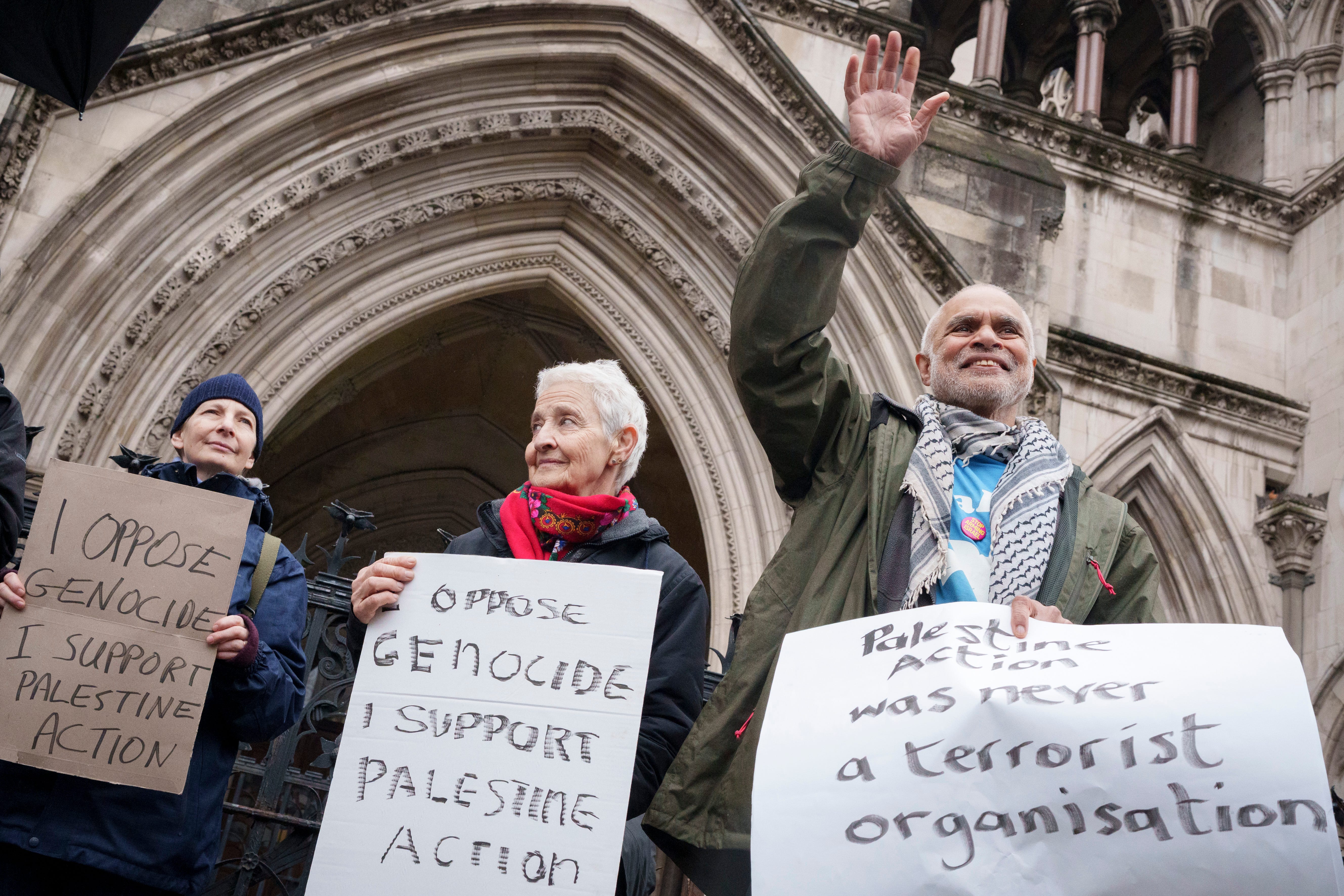 Mohamed is one of a growing number of American Muslims who claim they were captured overseas and questioned in secret at the behest of the United States, victims of what human rights advocates call "proxy detention"—or "rendition-lite."
Mohamed is one of a growing number of American Muslims who claim they were captured overseas and questioned in secret at the behest of the United States, victims of what human rights advocates call "proxy detention"—or "rendition-lite."
The latter is a reference to the Bush- and Clinton-era CIA practice of capturing foreign nationals suspected of terrorism and "rendering" them to countries such as Egypt, Jordan, or Morocco (PDF) for interrogations that often involved torture.
Many of these episodes follow a similar script. A US citizen is detained, questioned, and sometimes abused in a Middle Eastern or African country by local security forces. Often his interrogators possess information that could only have come from US authorities; some of the detainees say American officials have been present for the questioning.
When the suspect is released from detention, he often discovers he's on the no-fly list and can't return home unless he submits to further questioning by FBI agents. Sometimes he's denied access to a lawyer during these sessions.
In the past, the FBI has denied that it asks foreign governments to apprehend Americans. But, a Mother Jones investigation has found, the bureau has a long-standing and until now undisclosed program for facilitating such detentions. Coordinated by elite agents who serve in terrorism hot spots around the world, the practice enables the interrogation of American suspects outside the US justice system.
"Their citizenship doesn't seem to matter to the government," says Daphne Eviatar, a lawyer with Human Rights First. "It raises a question of whether there's a whole class of people out there who've been denied the right to return home for the purpose of interrogation in foreign custody."





 Israeli fire kills one and wounds several in Gaza: One Palestinian was killed and at least...
Israeli fire kills one and wounds several in Gaza: One Palestinian was killed and at least... Protecting archaeological sites. Preventing water theft. The streamlining of land purchases. If anyone doubted the real...
Protecting archaeological sites. Preventing water theft. The streamlining of land purchases. If anyone doubted the real... A bitter dispute between Europe and the US over the future of Gaza has broken out...
A bitter dispute between Europe and the US over the future of Gaza has broken out...






























